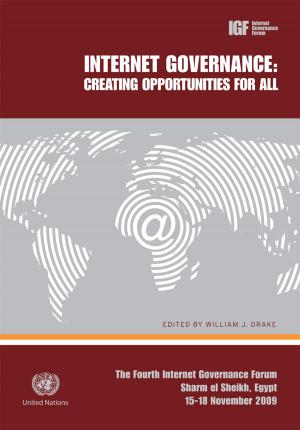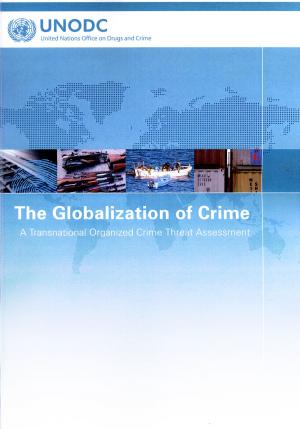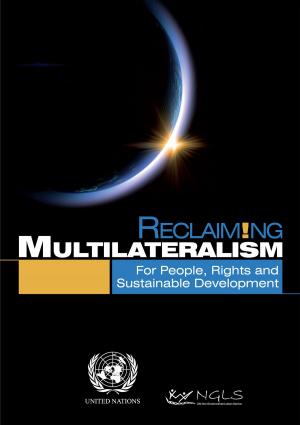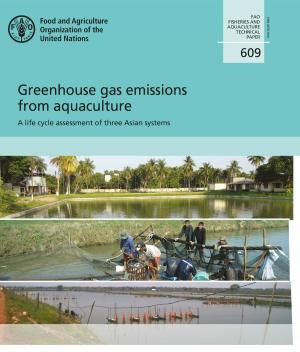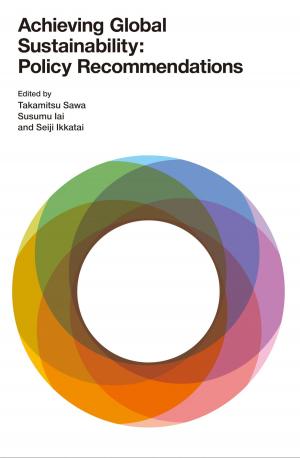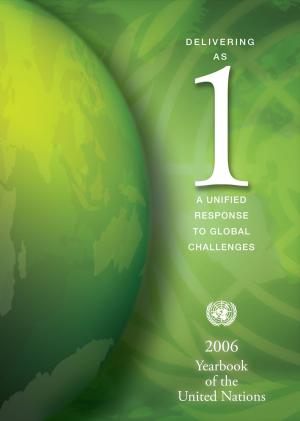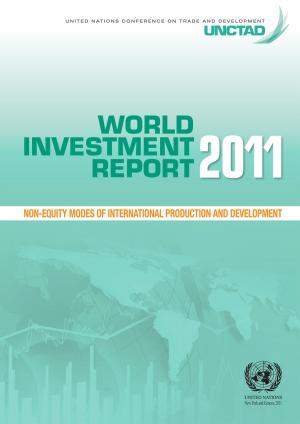| Author: | United Nations | ISBN: | 9789211091618 |
| Publisher: | United Nations | Publication: | February 10, 2012 |
| Imprint: | Language: | English |
| Author: | United Nations |
| ISBN: | 9789211091618 |
| Publisher: | United Nations |
| Publication: | February 10, 2012 |
| Imprint: | |
| Language: | English |
The Survey points out promising directions for reform, including strengthening government capacities for formulating and implementing national development strategies; doing more to ensure that official development assistance is aligned with national priorities; strengthening the international trade and financial systems so that countries with limited capabilities can successfully integrate into the global economy; creating new mechanisms for dealing with deficiencies, such as specialized multilateral frameworks through which to govern international migration and labour mobility, international financial regulation, multinational corporations and global value chains regulation, as well as sovereign debt workouts. Most importantly, the Survey highlights the need for a strong mechanism for global economic coordination which establishes coherence across all areas of global economic governance.
The Survey points out promising directions for reform, including strengthening government capacities for formulating and implementing national development strategies; doing more to ensure that official development assistance is aligned with national priorities; strengthening the international trade and financial systems so that countries with limited capabilities can successfully integrate into the global economy; creating new mechanisms for dealing with deficiencies, such as specialized multilateral frameworks through which to govern international migration and labour mobility, international financial regulation, multinational corporations and global value chains regulation, as well as sovereign debt workouts. Most importantly, the Survey highlights the need for a strong mechanism for global economic coordination which establishes coherence across all areas of global economic governance.


